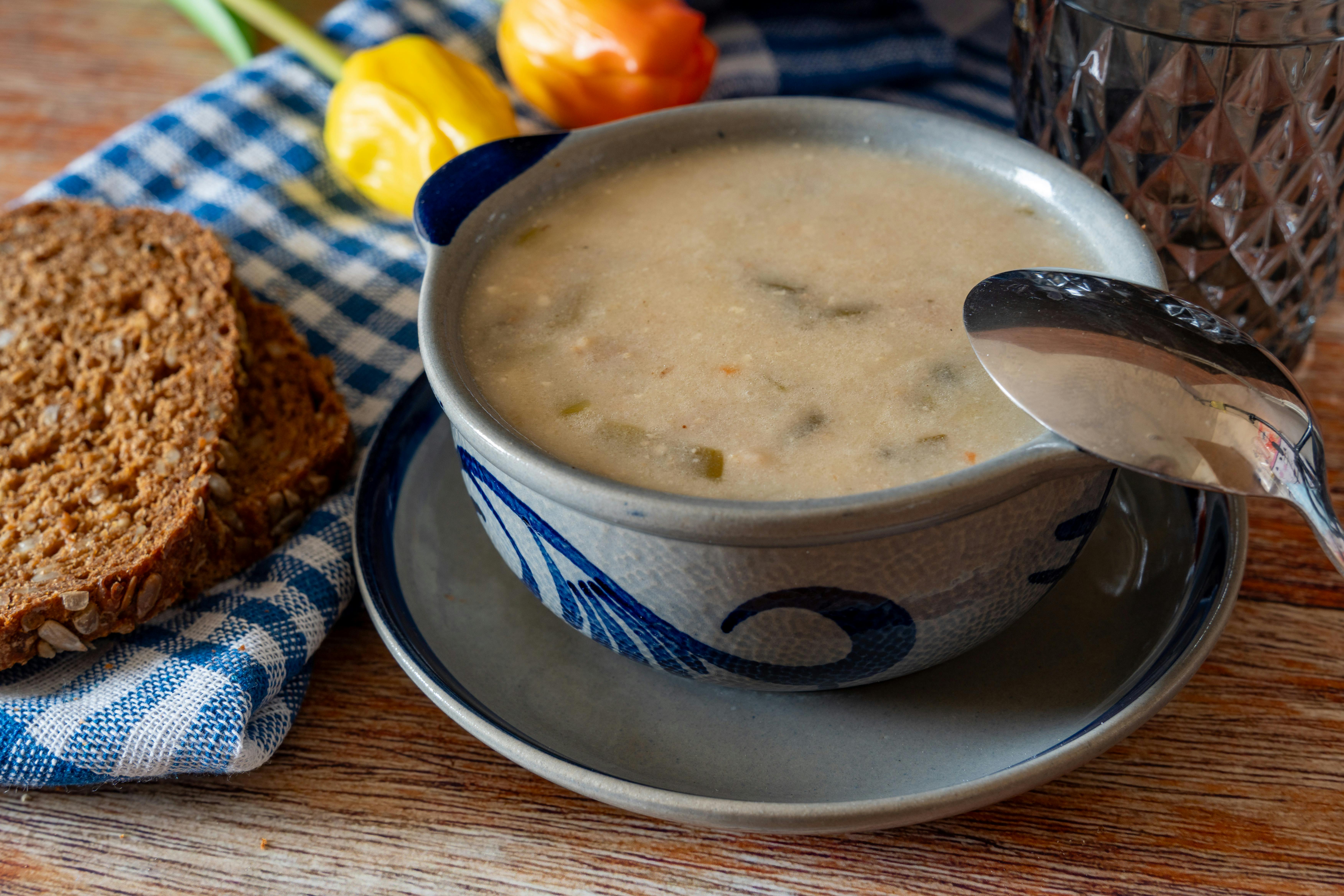Apply Now
Effective Strategies to Enhance Fat Conversion
Understanding Fat Loss and Weight Management
Fat conversion is a key aspect of weight management and plays a crucial role in achieving fitness goals. As we enter 2025, it is essential to understand the methods that can boost fat burning effectively and sustainably. Tightening our grip on our body metabolism can lead to significant improvements in body composition, allowing for a more successful transformation journey.
The core principle behind fat loss is creating a calorie deficit, which means burning more calories than consumed. Incorporating well-balanced diet plans that focus on whole foods while adapting our eating habits to healthier food choices enhances the effectiveness of fat loss diets. Moreover, being knowledgeable about nutrition facts and macro counting can enable one to make informed decisions during meal preparation and tracking.
This article will explore practical approaches to improve fat conversion through fitness routines, nutritional advice, and lifestyle changes. By implementing these strategies, individuals will not only learn effective fat loss tips but also adopt a fit lifestyle that prioritizes overall wellness.
Creating a Balanced Diet for Fat Burning
To maximize fat conversion, it is vital to adhere to a balanced diet that supports your unique metabolic state. This includes understanding the role of protein sources, healthy fats, and carbohydrates in your meal frequency. Health supplements can also serve as beneficial aids, but should complement, not substitute, a solid nutritional foundation.
Planning meals that prioritize nutrient density allows for enhanced energy expenditure throughout daily activities. Emphasizing dietary fibers can also help in increasing satiety, potentially reducing overall food intake while maintaining energy levels for workouts. Additionally, proper hydration is often overlooked but is essential for optimal performance and fat metabolism.
Consider personalized nutrition approaches that cater to your distinct preferences and goals. Utilizing fitness apps and meal planning apps can augment your meal tracking while ensuring dietary adherence. Such tools can facilitate a more organized intake of calories and nutrients, making it simpler to maintain a calorie deficit.
Implementing an Effective Exercise Routine
An effective exercise routine is paramount for anyone aiming for a successful body transformation. Incorporating a combination of strength training and cardio exercises helps to increase muscle mass while efficiently burning calories. Each workout schedule can be tailored to fit individual commitments and energy levels without compromising on results.
Strength training is particularly beneficial in fostering lean muscle growth, which inherently boosts your metabolism. As muscle mass increases, the body's basal metabolic rate also rises, leading to more calories burned at rest. Including diverse forms of workouts such as HIIT (High-Intensity Interval Training) can challenge the body dynamically and further convect lost fat.
Alongside a structured routine, fitness motivation is essential for sustainability. Building a supportive community or working with a health coach can encourage accountability and consistency, both critical components for reaching fat loss goals.
Optimizing Your Workout Sessions
Importance of Cardiovascular Exercises
Integrating cardio exercises into your fitness program is crucial for increasing energy expenditure and stimulating fat burning. These exercises activate your core cardiovascular system, ensuring better oxygen delivery to muscles during vigorous activities. Selecting activities that you enjoy, such as cycling, dancing, or jogging, can significantly enhance adherence to your fitness routine.
Cardio exercises help not only in fat loss but in improving overall stamina, which is beneficial during weight training sessions. Consider setting specific, measurable goals for your cardiovascular workouts, such as duration, intensity, or frequency, to maintain motivation and track progress.
Incorporating varied exercises will prevent workout monotony and keep you engaged. Additionally, performing high-intensity cardio once or twice a week can produce significant fat loss results, as the afterburn effect can continue to burn calories even after the workout is completed.
Strength Training for Enhanced Fat Conversion
Strength training remains one of the most effective methods to enhance fat conversion efficiently. By involving multiple muscle groups and focusing on compound movements, you can burn a considerable amount of calories while building strength. Incorporate weight training into your weekly regimen at least two or three times to maximize fat loss.
Implementing a progressive overload principle, where you gradually increase weights or resistance, ensures continued progress and muscle adaptation. Common objectives include improving body composition and increasing lean muscle mass, which contributes to boosting metabolic rate.
Rest and recovery should not be neglected; adequate sleep and time off between workouts are vital to allow muscles to heal and grow stronger. Tracking your progress using fitness trackers can motivate and provide insight into your journey, helping to keep your fitness goals on track.
Building a Supportive Wellness Community
A strong support system is instrumental in achieving sustainable lifestyle changes and motivating oneself throughout the fat loss journey. Tapping into wellness blogs, participating in fitness communities, or engaging with a fitness expert can provide valuable insights and newfound motivation techniques.
Group workouts or fitness retreats can also create a camaraderie that encourages consistency. Engaging with others facing similar challenges not only strengthens commitment but also adds a layer of enjoyment to your exercise experience.
Furthermore, share your goals with family and friends, fostering an environment of encouragement and accountability. Positive reinforcement and social support can fuel your dedication to adhere to your diet plan and maintain the calorie deficit necessary for fat loss.
Enhancing Nutritional Support Through Meal Preparation
Meal Planning and Tracking for Success
Incorporating meal preparation into your routine can drastically improve your dietary adherence and assist in managing your food intake. Preparing meals in bulk ensures you have healthy options readily available, reducing the likelihood of resorting to unhealthy snacks or fast food. Consider setting aside a specific day each week for meal prep to streamline your cooking process.
Leveraging meal tracking can provide insights into your habits, allowing you to adjust your diet plan as needed. Utilizing food diaries or meal tracking apps can assist in ensuring that your macronutrient distribution aligns with your fat loss goals. Being conscious of portion sizes can also prevent overeating and aid in effective calorie counting.
Preventing emotional eating is key; identify triggers from daily stressors or emotional turmoil that can lead to unhealthy choices. Find healthy snacks that support your nutrition journey and encourage mindful eating practices to combat high-caloric cravings.
Maintaining Consistency and Long-Term Success
Lastly, adopting strategies that ensure consistency in your diet and exercise routine fosters long-term success. Establishing a workout schedule that balances exercise benefits and recovery will contribute significantly to achieving fitness goals. Introduce variety to your exercise programs to avoid plateaus and optimize results.
Consider using diagnostics such as body fat analysis and fitness assessments to tailor your approach continuously. Consult with a health coach for professional assessments and advice, which can provide additional accountability and insights into your progress.
Staying committed to your wellness journey, even during setbacks, is essential. Create a positive mindset surrounding your body image, and remember that this is a marathon, not a sprint. Employ behavior change techniques to fine-tune your approach while promoting the sustainability of healthy habits.
Common Questions and Answers
What are the best fat loss tips?
Some of the best fat loss tips include maintaining a calorie deficit, incorporating a mix of strength training and cardio exercises, and preparing meals in advance for better dietary control.
How does exercise benefit fat burning?
Regular physical activity increases energy expenditure, helping you burn more calories. It also contributes to muscle gain, which translates to a higher resting metabolic rate.
Can meal tracking help in weight management?
Yes, meal tracking provides an excellent overview of your caloric and macronutrient intake, enabling informed decisions that align with your weight management strategies.
What role does hydration play in fat conversion?
Hydration is critical for maintaining optimal metabolism and supporting overall health. Water aids in nutrient absorption and can prevent overeating, thereby supporting your weight loss efforts.
How can I combat emotional eating?
Combat emotional eating by recognizing triggers, seeking alternative coping mechanisms, practicing mindful eating, and keeping healthy snacks available for when cravings arise.




